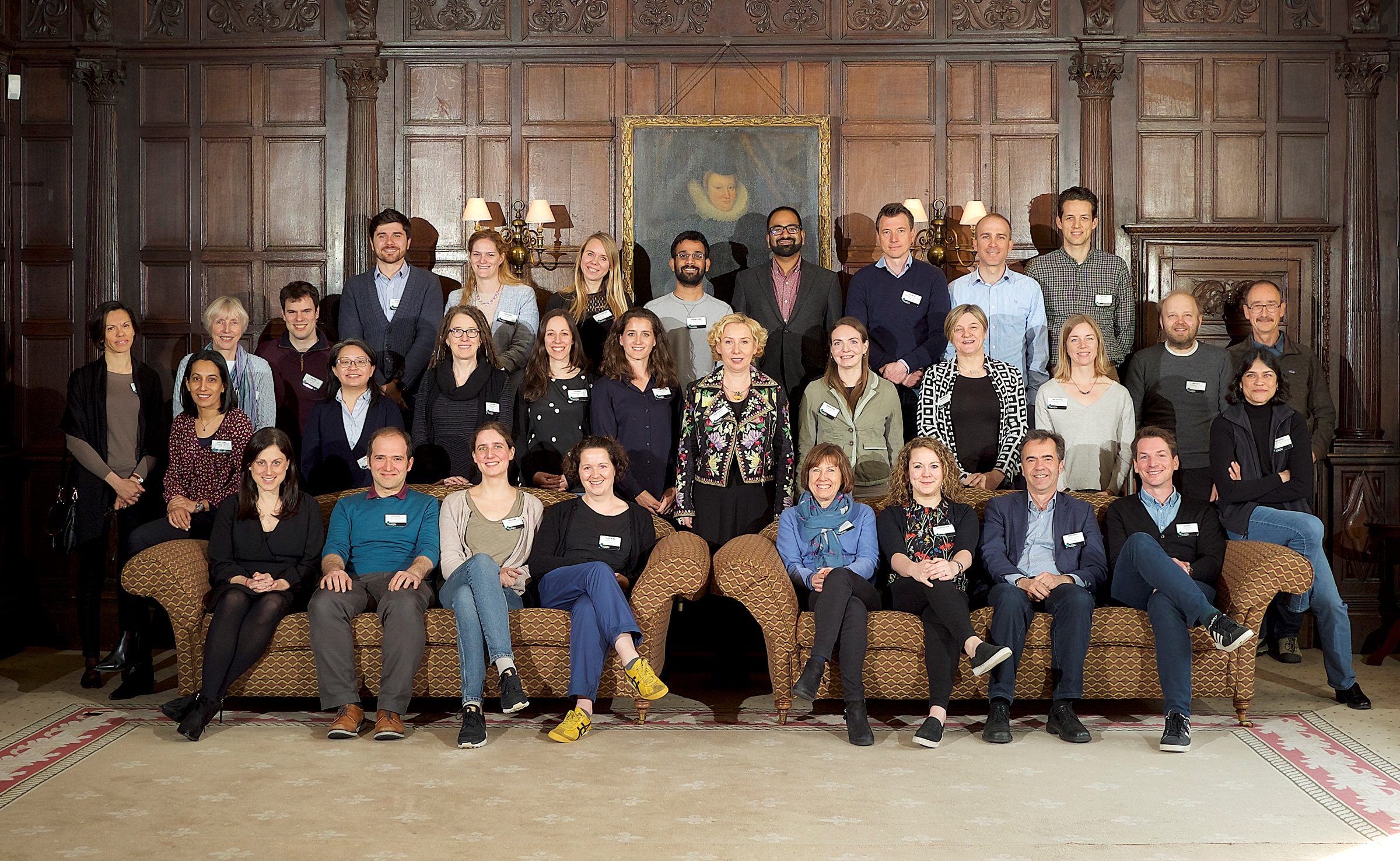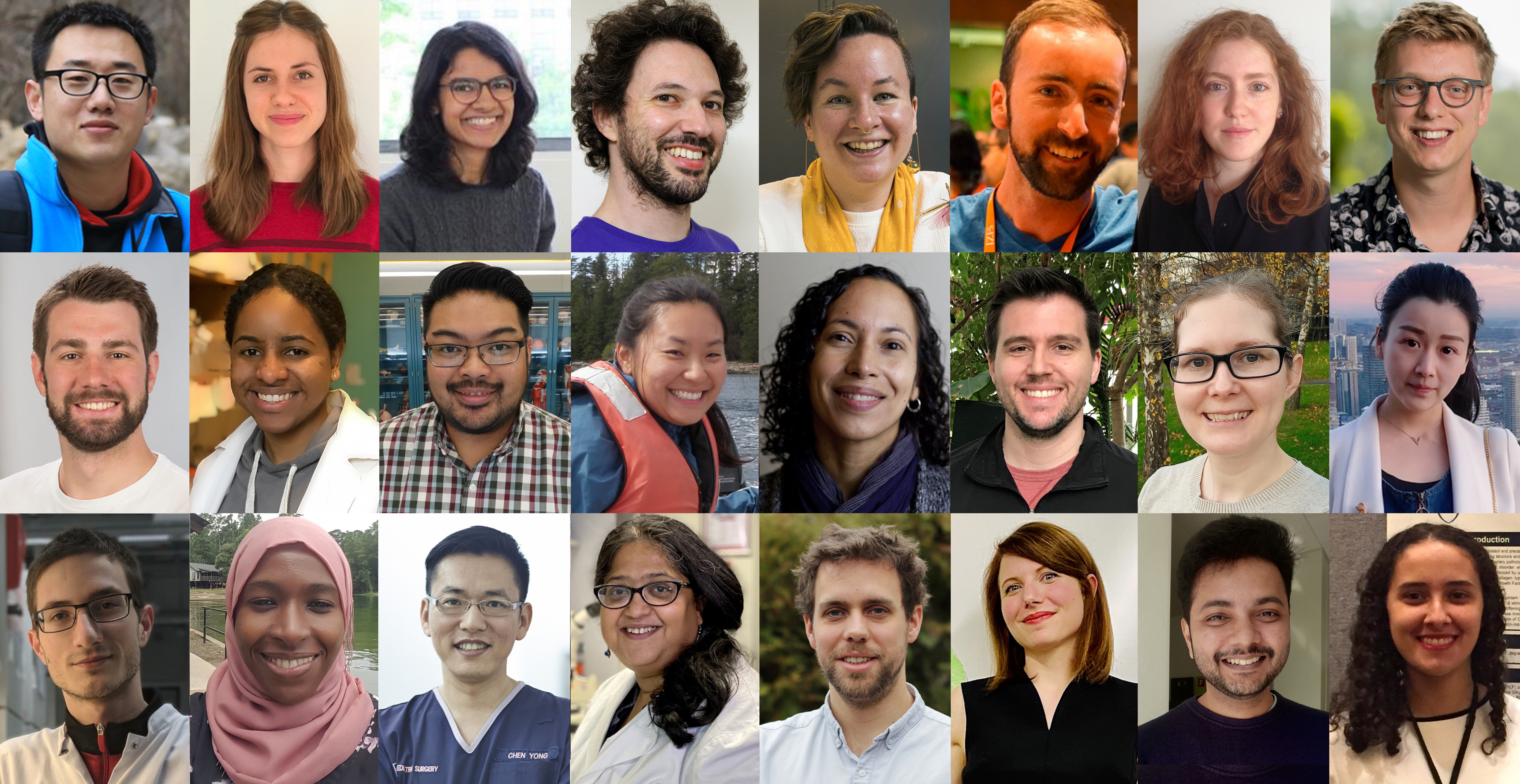


14 February 2022
Three of The Company of Biologists’ journals – Development, Journal of Cell Science, and Journal of Experimental Biology – offer Travelling Fellowships of up to £3,000 to graduate students and postdoctoral researchers wishing to make collaborative visits to other laboratories. Here, we explain what makes our Travelling Fellowships such a great opportunity.
4 January 2022
For 2021, Development, Journal of Cell Science and Journal of Experimental Biology exceeded their targets for Open Access growth.
9 August 2021
Dr Richard Skaer dedicated much of his career to the success of The Company of Biologists. It is with great sadness that we learned of his passing on 5 June 2021. …
25 May 2021
Hear from the organisers of the Creative Science Writing Workshop taking place in June 2022 about how the Workshop will work, what is involved and also some tips on how best to approach your application.
4 March 2021
‘If you are a scientist and you want to succeed, you must become a writer,’ writes John Wallingford in his #DevBiolWriteClub on the Node. He is, of course, absolutely right – biologists really are storytellers. …
10 February 2022
Here at The Company of Biologists, we are passionate about advocating for early-career researchers (ECRs) and improving their visibility. To support this, our three community sites – FocalPlane, the Node and preLights – have come together to organise an online panel event focussed on ways ECRs can promote themselves.

9 December 2021
The Company of Biologists organises Workshops that bring together leading experts and early-career researchers from a range of scientific backgrounds. The coronavirus pandemic didn’t dampen our enthusiasm, and we invested in online conferencing platforms which allowed us to host virtual Workshops in 2020/21. With in-person Workshops back for 2022, we thought it would be a good opportunity to explain what makes these events so valuable, particularly for early-career researchers.
15 July 2021
Written by Mihaly Badonyi
In late April, I embarked on a 3-month data analyst position at The Company of Biologists as part of the Professional Internships for PhD Students (PIPS) initiative within my doctoral training programme aimed at exposing students to opportunities in which they can apply their skills. …

8 March 2021
Early-career researchers (ECRs) are our future leaders in biology and it is vital that we support them in the first stages of their academic careers. …

29 January 2021
Social media gets a hard time these days, and in some instances rightly so. For the scientific community however, it’s a powerful platform for informal science communication and fruitful collaborations. …
You must be logged in to post a comment.